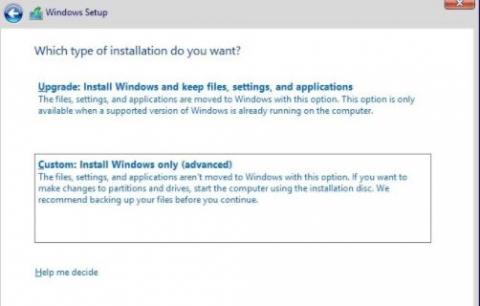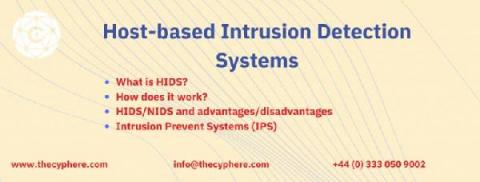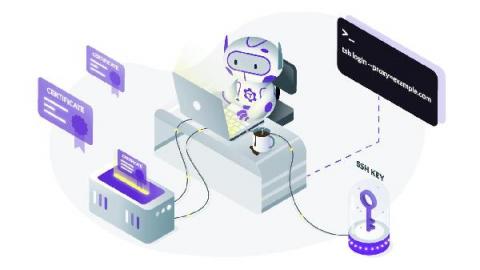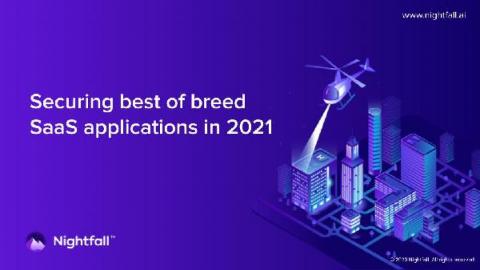Dangerous defaults that put your IT environment at risk: IT security under attack
In this blog in the “IT security under attack” series, we wanted to shed some light on an unfamiliar and seldom discussed topic in IT security: the default, out-of-the-box configurations in IT environments that may be putting your network and users at risk. Default settings, and why the initial configuration is not the most secure











